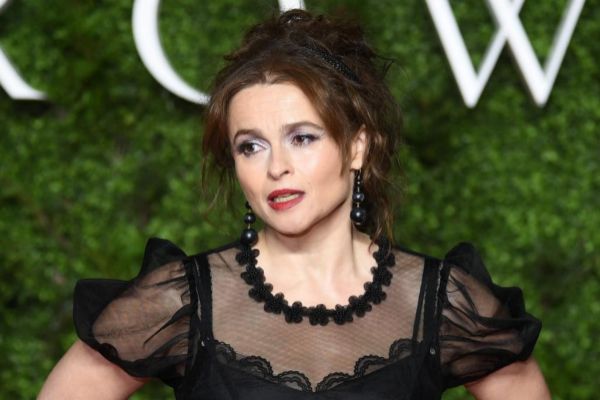Once the fifth season of The Affair is complete , there is a suspicion that the dramatic intensity of the first seasons is diluted in the last two. The initial episodes of the fifth remain at a good level, but I fear that some sections of the final episodes resort to crushing, a ternurismo that contrasts with that complexly acidic background that gave it character and vigor, while that the perspectivist technique ceases to be a fortunate narrative pattern to limit itself to a mere movement of focus on one or another character, which deprives us of one of its best assets: the disturbing feeling of appreciating different versions of the same anecdote. Nor does he renounce some improbability based on hazards that require the viewer too much credulity effort. Dominic West (in his role as the long-suffering Noah Solloway) has moments when he releases one of his latent tendencies: over-action . Occasionally, the psychological subtlety of yesteryear, with its range of emotional nuances, is replaced by mere anger with a bare shout or by the discourse covered with a philosophical-existential meringue. Some ellipses look more like black holes. Nor do some opportunistic toasts to political correctness are neglected. As regards the outcome, I am not sure that the chosen one, with his poetic pretensions, is the best possible. (Even so...)
The premiere of the second season of the plague comes with the endorsement of the popular success of the first, whose plot I confess that I found confusing and erratic, in his search for a mystical realism - to put it in some way - that has a lot to do with certain literature based on historical riddles sustained, in turn, in conspiracy fantasies. That update in noir mode of the old comedies of cape and sword was slowly constructing a tangle to finish elucidating it in the blink of an eye, and also on the more unexpected side or, if preferred, more truculent. Although the script was artificial, and despite the fact that some actors moved to a level of end-of-course performance , the scenographic recreation of Seville at the end of the 16th century was pleasantly spectacular. The second season starts in the American Tierra del Fuego, with an episode of great distressing power, although the action immediately moves to a Seville of palatial houses and unclean suburbs, with expressionist aftertaste in the cochambre. His plot is focused on this occasion in the wanderings of the Garduña (that alleged antecedent -of which there is no documentation- of contemporary mafias), which is supposed to reconcile harmoniously -with the aristocracy and the underworld in coalition- religiosity with the criminality The followers of this series will be, therefore, congratulations , as well as congratulations will be the world enthusiasts - among whom Stephen King is told - of The paper house . (To my misfortune, I have only been able to cope with about five minutes of the first episode of the third season, but I suspect that the problem is more mine than in the series, namely: not having faith in realistic fictions that use their own elements of supervillain stories turned into superheroes, or something similar to that.)
You begin to see the third season of The Crown and something squeaks, although the cause of the squeak is located immediately: the inevitable change of cast. Luckily, from the second episode you have already got used to the new faces. "And good?" Well, in my opinion, it maintains its very high degree of cinematographic excellence: impeccable actors, a discreetly sumptuous atmosphere (with the cheerful license to transfer the Sevillian Alfonso XIII hotel to Los Angeles and to relocate an Andalusian farmhouse in Arizona), a restrained photograph virtuosist and a convincing psychological framework around that family made up of very normal people who lead an abnormal life.
In these new episodes we witness the death of Churchill, the tragedy in the mining town of Aberfan, the case of the spy Blunt, the arrival of man on the Moon, the death of the Duke of Windsor and the professional and loving tribulations of the young prince Carlos, among other events, dealt with as best he can by Queen Elizabeth II, a woman less clairvoyant by nature who cunning by force of seniority in the trade of wearing a crown ... and a purse. There is no family in the world that successfully supports the display of their intimacy , the ins and outs of their daily lives, and the British royal family was not going to be an exception despite its unreality component and its protocol pantomimes. There is no praise or ridicule of the monarchy here, even though there are subtle doses of both, and hence, in large part, the credibility of the group portrait, thanks to the neatness of its filmmakers in the management of the appropriate balances so that some beings of flesh and bone do not end up turned for the viewer into bombastic and ridiculous dolls.
Much more, in short, than a biopic .
According to the criteria of The Trust Project
Know more- culture
- Series
- history
The Sphere of PaperPutin, Orban, Kaczynski ... Or the history of illiberal Europe
CineWarner already works in a sequel to 'Joker' with Joaquin Phoenix and Todd Phillips
History German reunification poker after the fall of the Berlin Wall: Kohl, Gorbachev, Bush and Modrow

